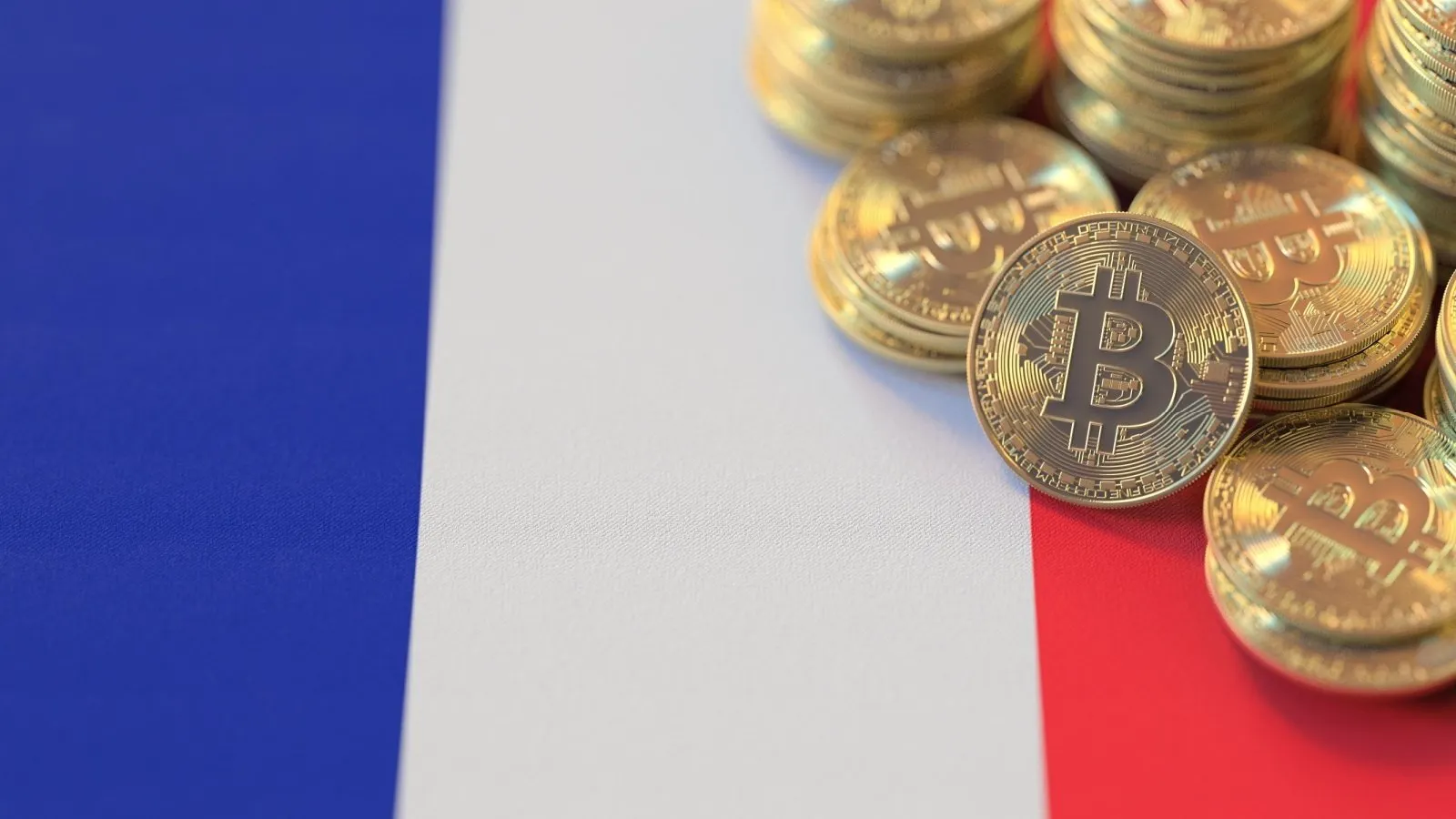Earlier this week French Senator Sylvie Vermeillet proposed classifying Bitcoin and other digital assets as “unproductive,” arguing they should be taxed like luxury items and vacant properties.
The bill in question classifies cryptocurrencies as unproductive assets for the 2025 budget, meaning that taxes will be imposed on unrealized gains if they exceed €800,000.
Paris-based Alice Stork, founder of Web3 public relations agency ICL, told Decrypt that a Bitcoin tax on unrealized gains is “worrying” and “feels pretty out of touch with how volatile crypto markets are.”
What happens when the value of your holdings drops after you've already paid taxes on "gains" you never cashed out, she mused. According to her, the measure could push “innovators and businesses away from France.”
So far, the proposal has passed the Senate in a preliminary vote and been endorsed by the country’s Finance Minister, Laurent Saint-Martin.
The Finance Minister claimed that the change to how Bitcoin gains are taxed makes the system more balanced.
If passed, French cryptocurrency holders would have to report foreign cryptocurrency holdings annually in the Cerfa 3916-bis form. Fines for failing to report crypto holdings abroad would range from €750 to €1,500.
Sébastien Martin, the CEO and co-founder of French crypto risk management firm RAID Square, told Decrypt that because Vermeillet is Vice Président of the Sénat, one of the 2 Chambers of the French Parliament, he’s heavyweight in the nation’s politics.
JUST IN: 🇫🇷 France to tax #Bitcoin unrealised capital gains. pic.twitter.com/8zsehL05f4
— Bitcoin Archive (@BTC_Archive) December 3, 2024
Martin added that he is also a member of “Parti Radical,” France’s oldest political party and “part of the political parties supporting the policy led by the French Président, Emmanuel Macron.”
France’s interest in levying taxes on Bitcoin HODLers follows other crypto regulation efforts.
As Decrypt reported in early November, France's National Gaming Authority is reportedly planning to block Polymarket. This blockchain-based prediction market platform saw $3.5 billion in trading volume during the U.S. presidential election. But after receiving scrutiny from regulators there, it has blocked French users.
This summer, Bitcoin exchange ByBit announced that it decided to leave the French market due to “regulatory developments” following Europe’s long-awaited MiCA crypto legislation being implemented. This follows a local regulator warning citizens that Bybit was operating outside of country regulations and had been blacklisted in 2022.
France also recently attracted the ire of privacy advocates after law enforcement arrested Telegram founder Pavel Durov and indicted him on multiple charges. The accusations are that he allowed drug trafficking, organized fraud, and the dissemination of pornographic content involving minors on his company’s Telegram app.
Critics suggested the arrest was politically motivated, but French President Immanuel Macron denied the claims.
Edited by Stacy Elliott.

